Women in the Gulf: Struggles and Successes
Since its inception in 2015, AGSIW has celebrated the role of women in the Gulf, examining their struggles and their successes. On the occasion of International Women’s Day, we highlight some of the issues and events AGSIW has covered, and the women who are making a difference.
Hadil Al-Moosa: Women Entrepreneurs in Oman
AGSIW spoke with Hadil Al-Moosa about media in Oman, labor laws, women’s entrepreneurship, and the role of government support for entrepreneurs.
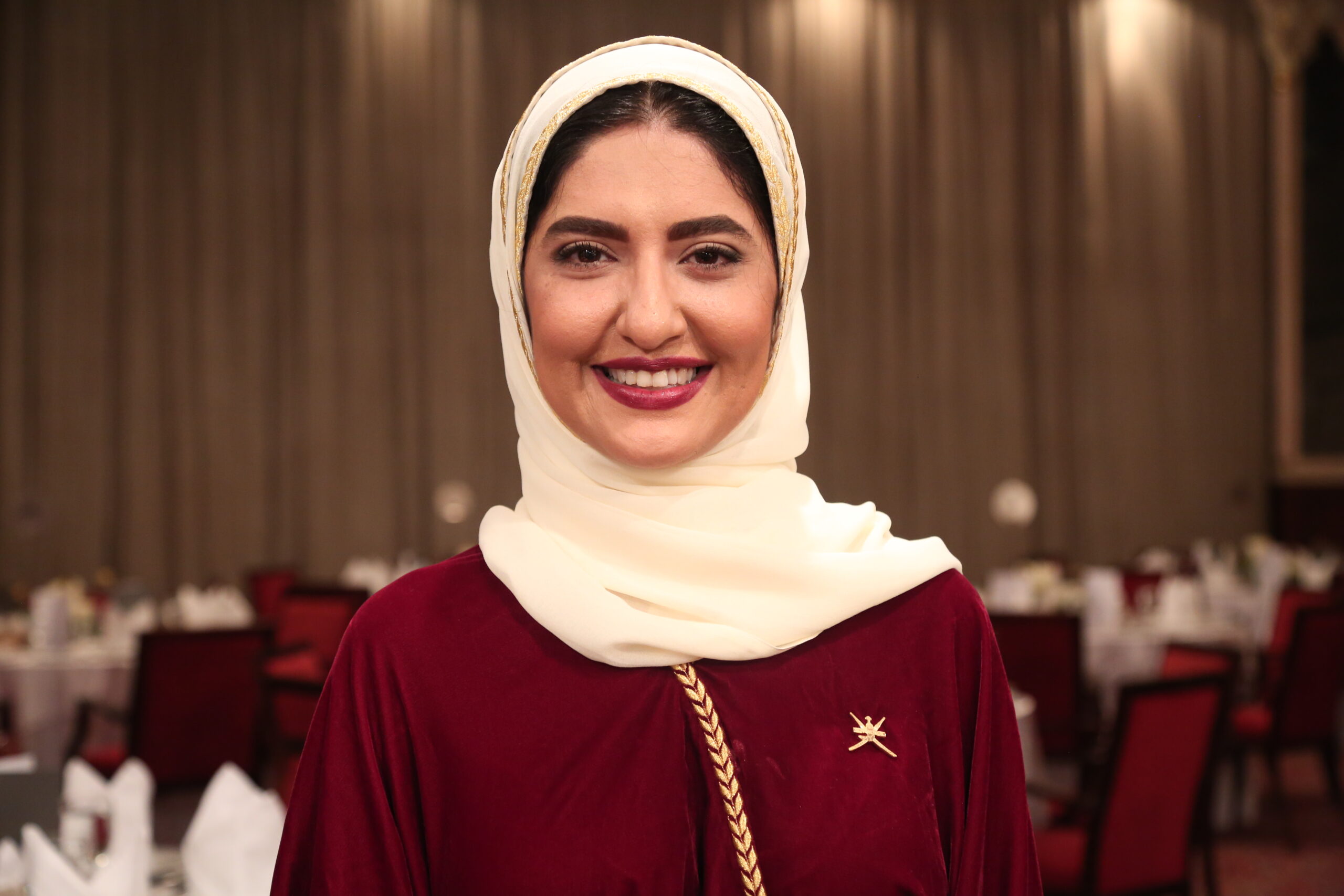
Gray Area: Advocating for the Noncitizen Children of Kuwaiti Mothers
Nationality and naturalization laws are often ambiguous in Kuwait, specifically for the children of Kuwaiti mothers and foreign or bidun (stateless) fathers.
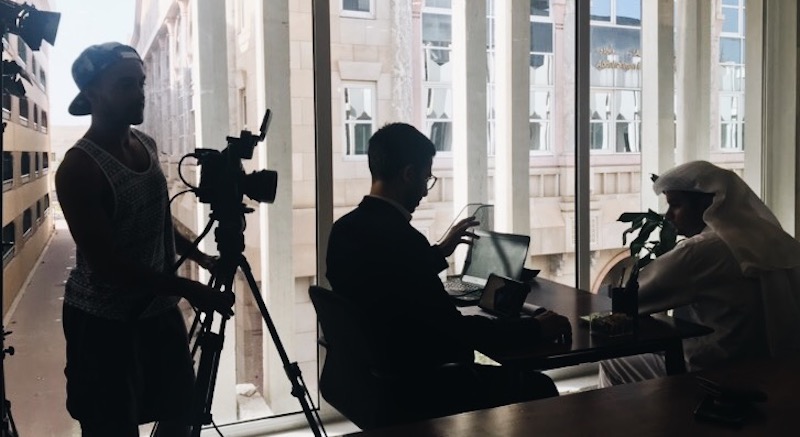
Internal Political Realignment Targets Saudi Women Activists
On June 24, Saudi women will be allowed to operate their own cars, ending the ban on women driving and effecting a momentous change in the conservative kingdom. Yet many of Saudi Arabia’s most prominent women activists who worked for generations to lift the ban are unlikely to be among them. On May 19, the...
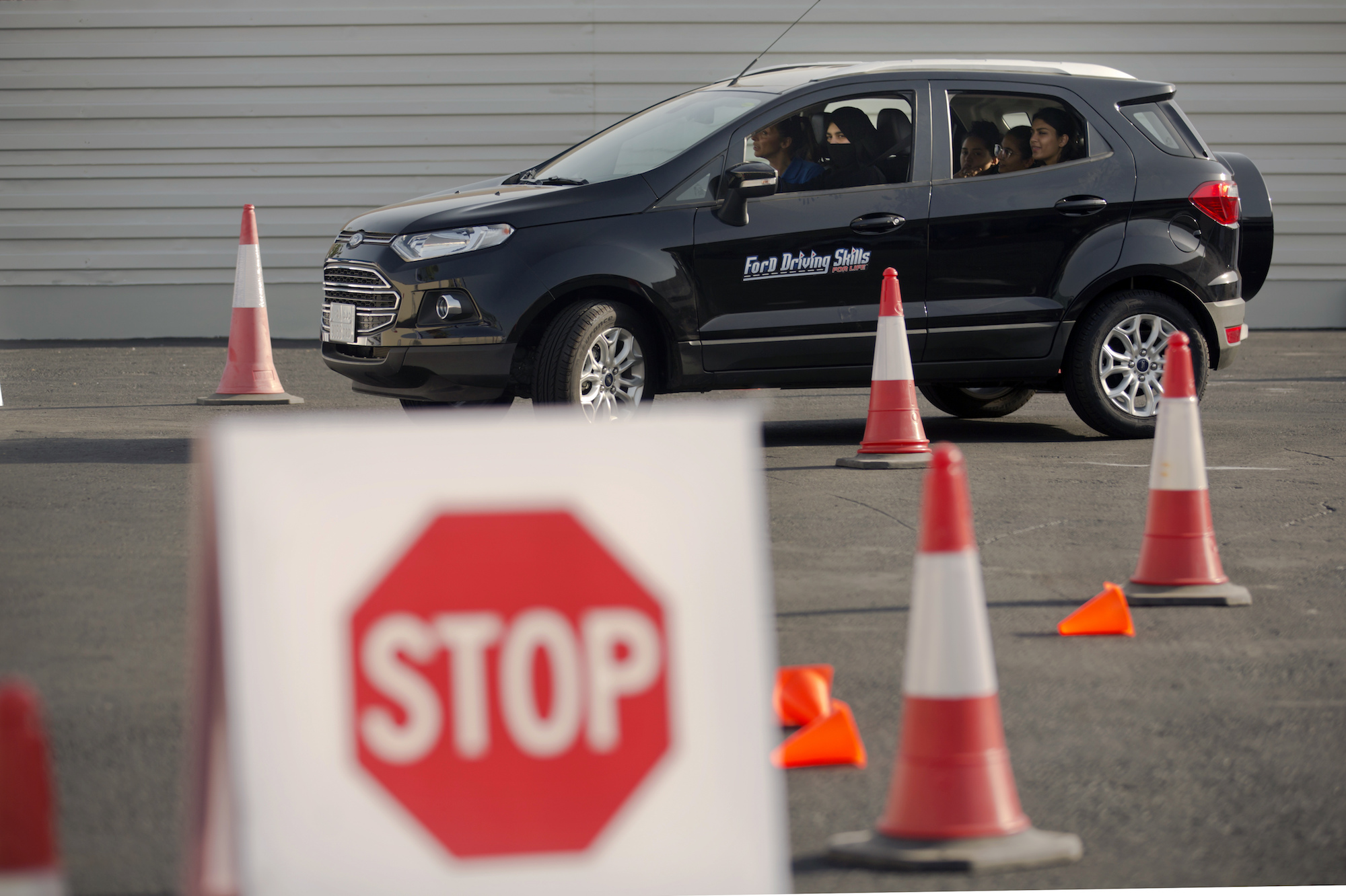
Cracking the Glass Ceiling: Gulf Women in Manufacturing
This post is part of a series examining women’s labor force participation in the Gulf Arab states, including areas of growth and challenges facing women in the Gulf. As Gulf Arab countries seek to diversify their economies away from oil, they have made major investments in the manufacturing sector, which contributes on average around 11 percent of...

Cracking the Glass Ceiling: Gulf Women in Health Care
For many conservative people in the Gulf Arab states, practicing medicine as a woman is still unacceptable.

Cracking the Glass Ceiling: Arab Women in Technology
Globally, computer science and information technology majors in universities are dominated by men. However, in the Middle East, 40 percent of university students specializing in computer science and IT are women.
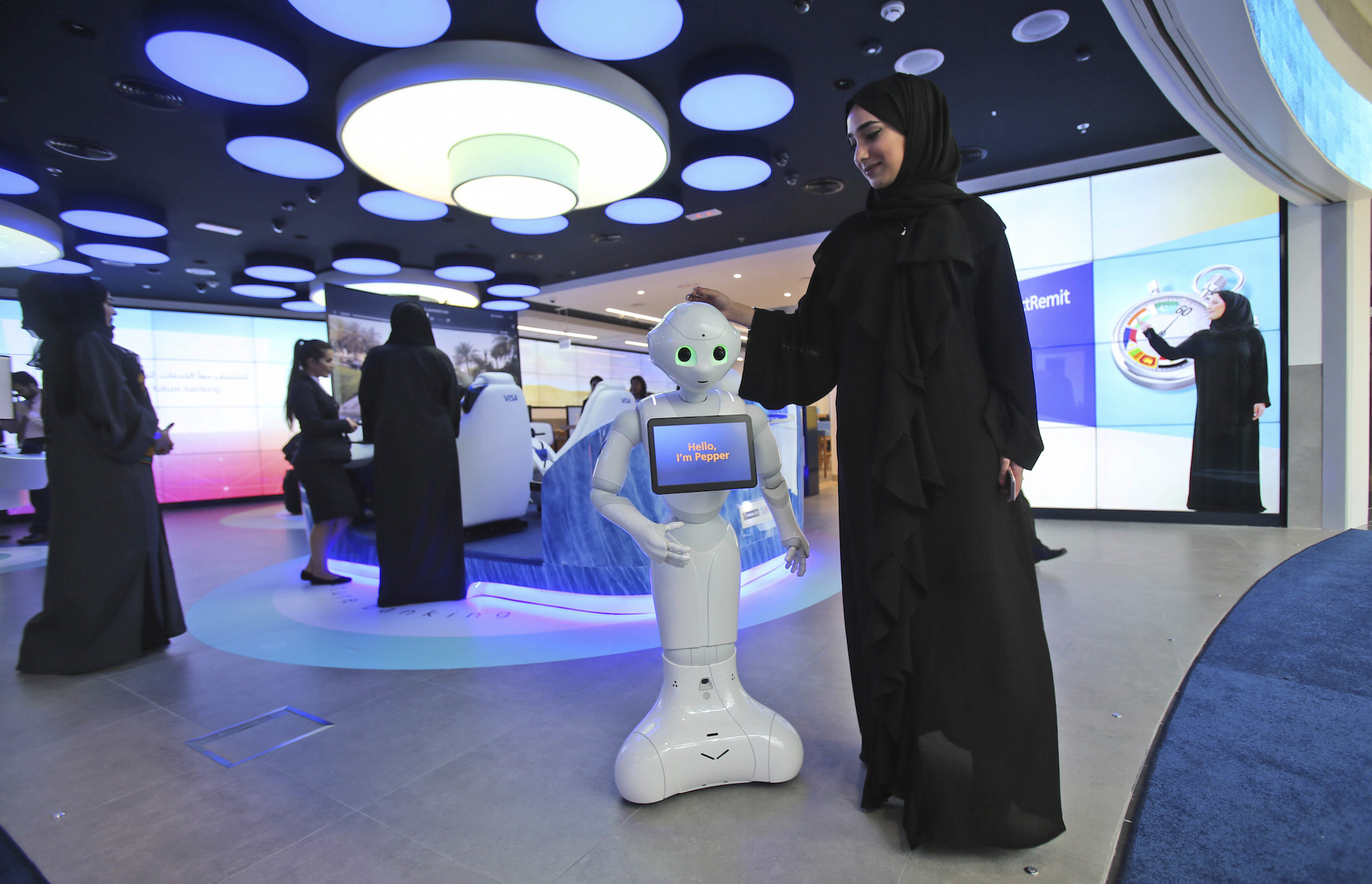
Driving Forward: Women in the Gulf Assess a Changing Landscape
The royal decree permitting women to drive in Saudi Arabia has focused attention on the social advances of women in the kingdom. Improvements extend across the Gulf Arab states, with women finding greater opportunities in business, government, and society.
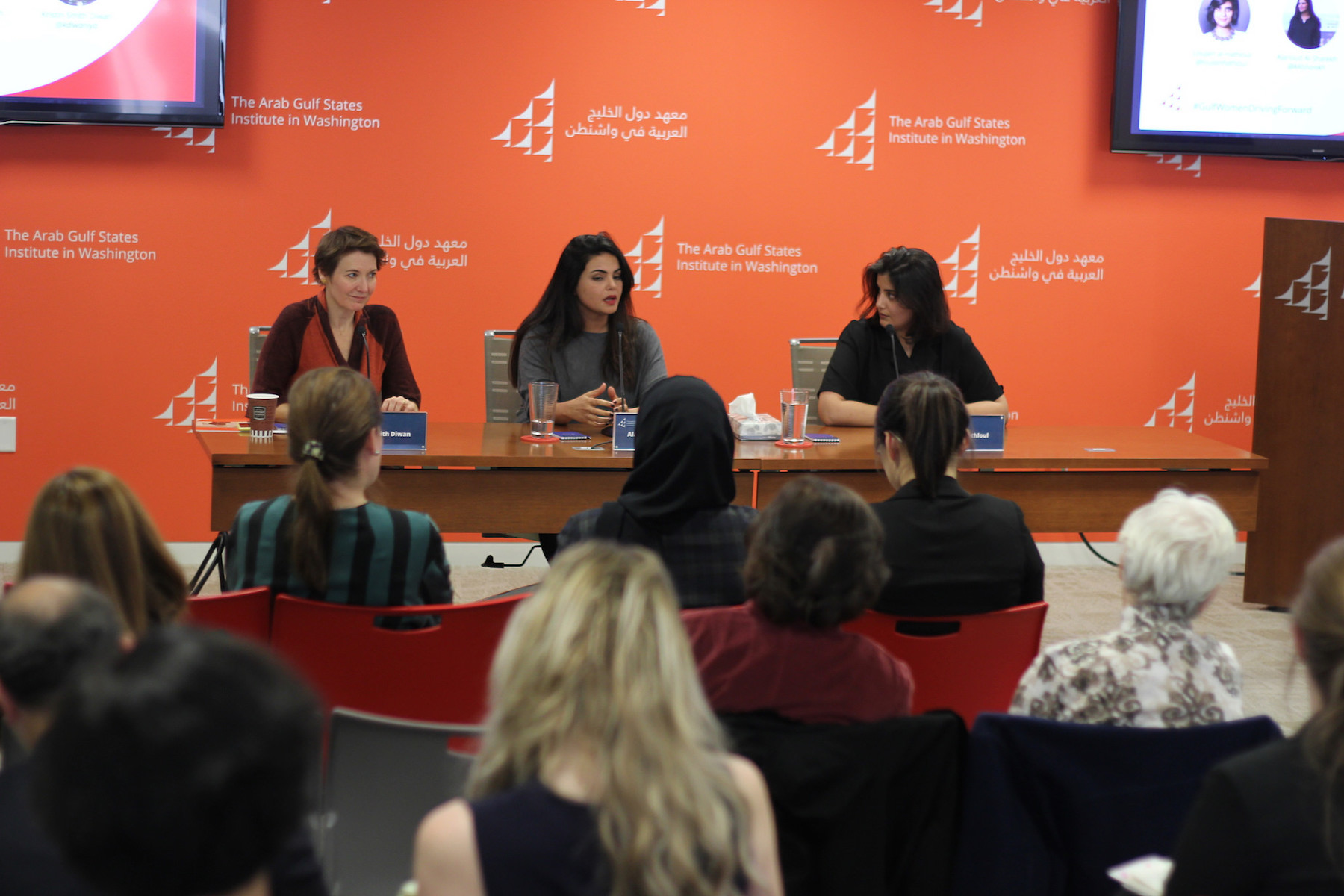
Bisklayta: Pedaling through Hurdles in Saudi Arabia
AGSIW interviewed Nadeemah Abulaynain, the founder of Saudi Arabia’s first independently run women’s public cycling group, Bisklayta.
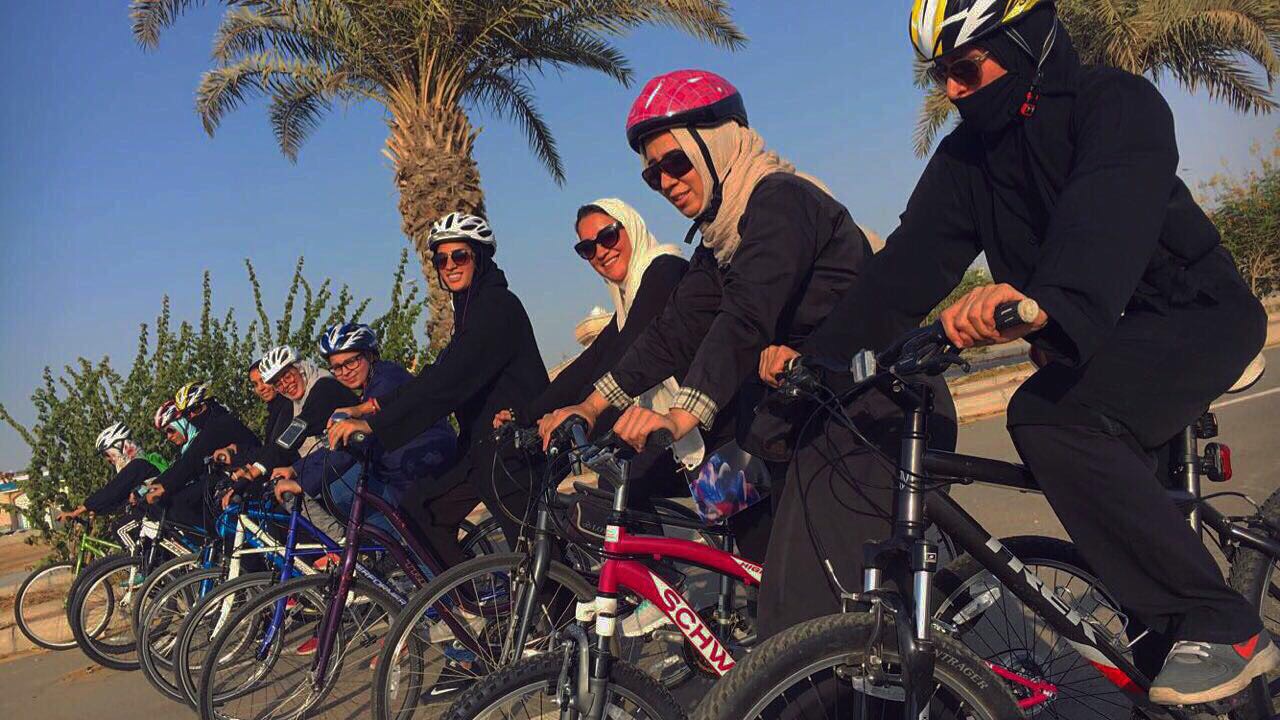
Dar Al Aseel: Abaya Design for the Gulf Power Woman
AGSIW interviews Amal Al Raisi, a clothing designer designing abayas and dresses for women who prioritize family while pursuing career goals.
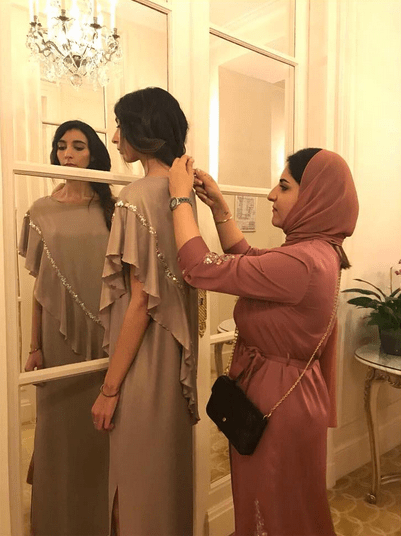
Saudi Women’s Online Activism: One Year of the “I Am My Own Guardian” Campaign
This paper is an overview of the women’s campaign against the male guardianship system in Saudi Arabia and a window into the new landscape of media activism.
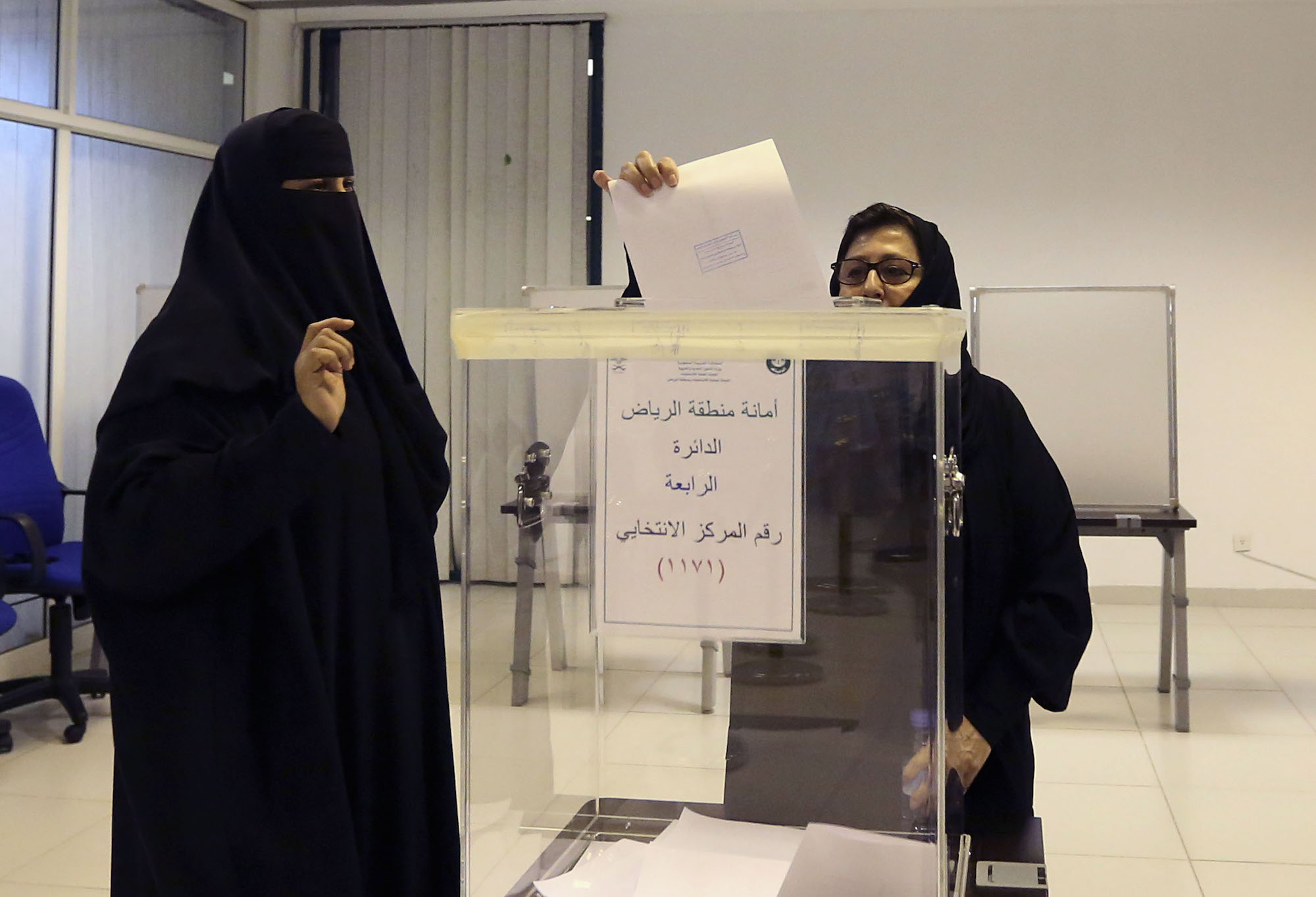
Oct 2, 2017
End of Saudi Driving Ban Removes Key Roadblock for Women
A key feature of Saudi exceptionalism has fallen: the ban on women driving in the kingdom. This marks the culmination of decades of social change and political activism on the part of a small but growing vanguard of Saudi women. The royal decree announcing a rollout to permit women driving by June 2018 provides the...
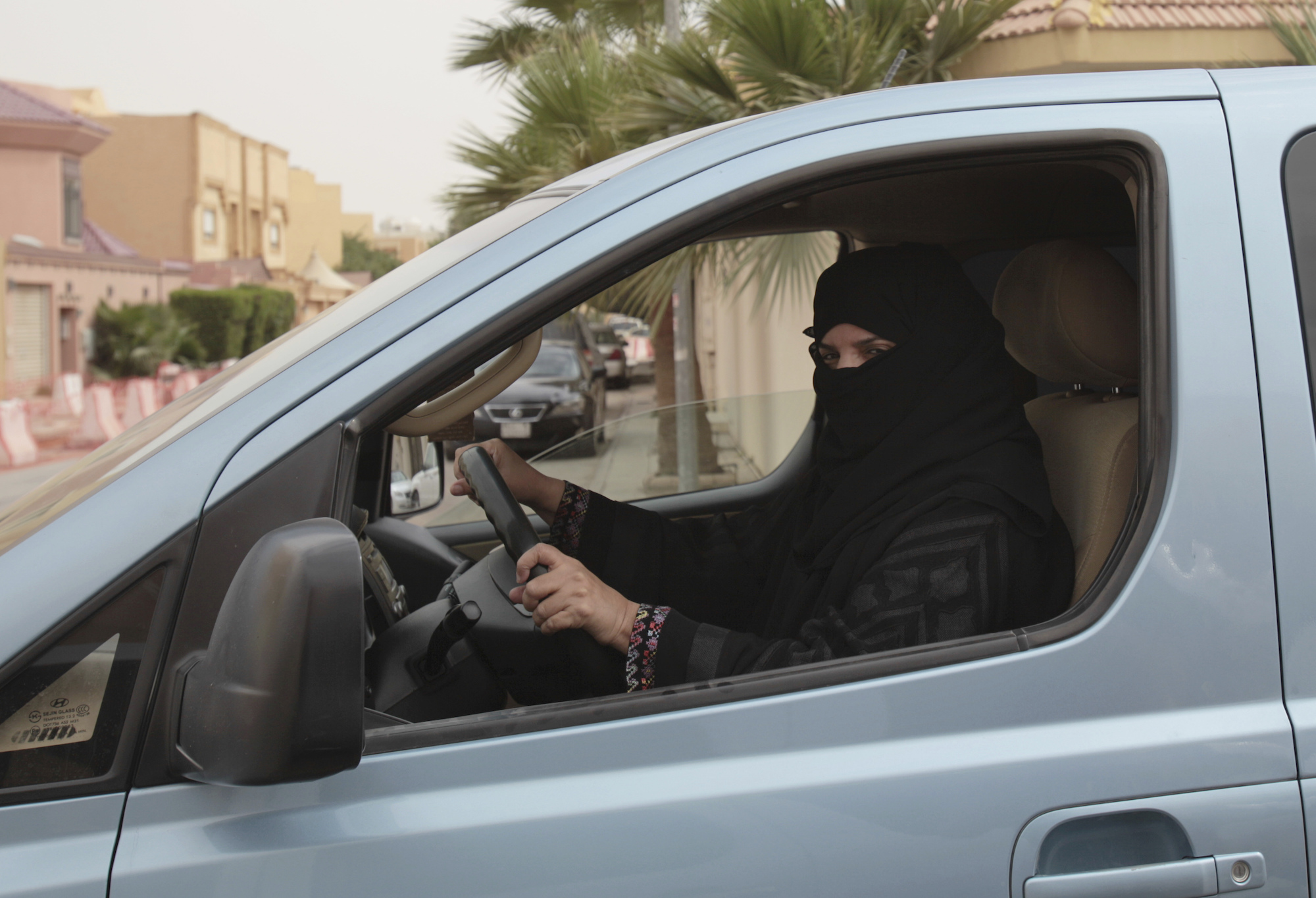
Never Never Land: Saudi Women Screaming for Entertainment
Arwa Al Neami is a self-taught artist who was born in the mountainous village of Rijal Alma in Saudi Arabia’s southern Asir province. She won Saudi Arabia’s prestigious Southern Region Arts Award in 2005. Her work “Never Never Land,” a series of still photos and videos of women in the Abha amusement park, was exhibited...
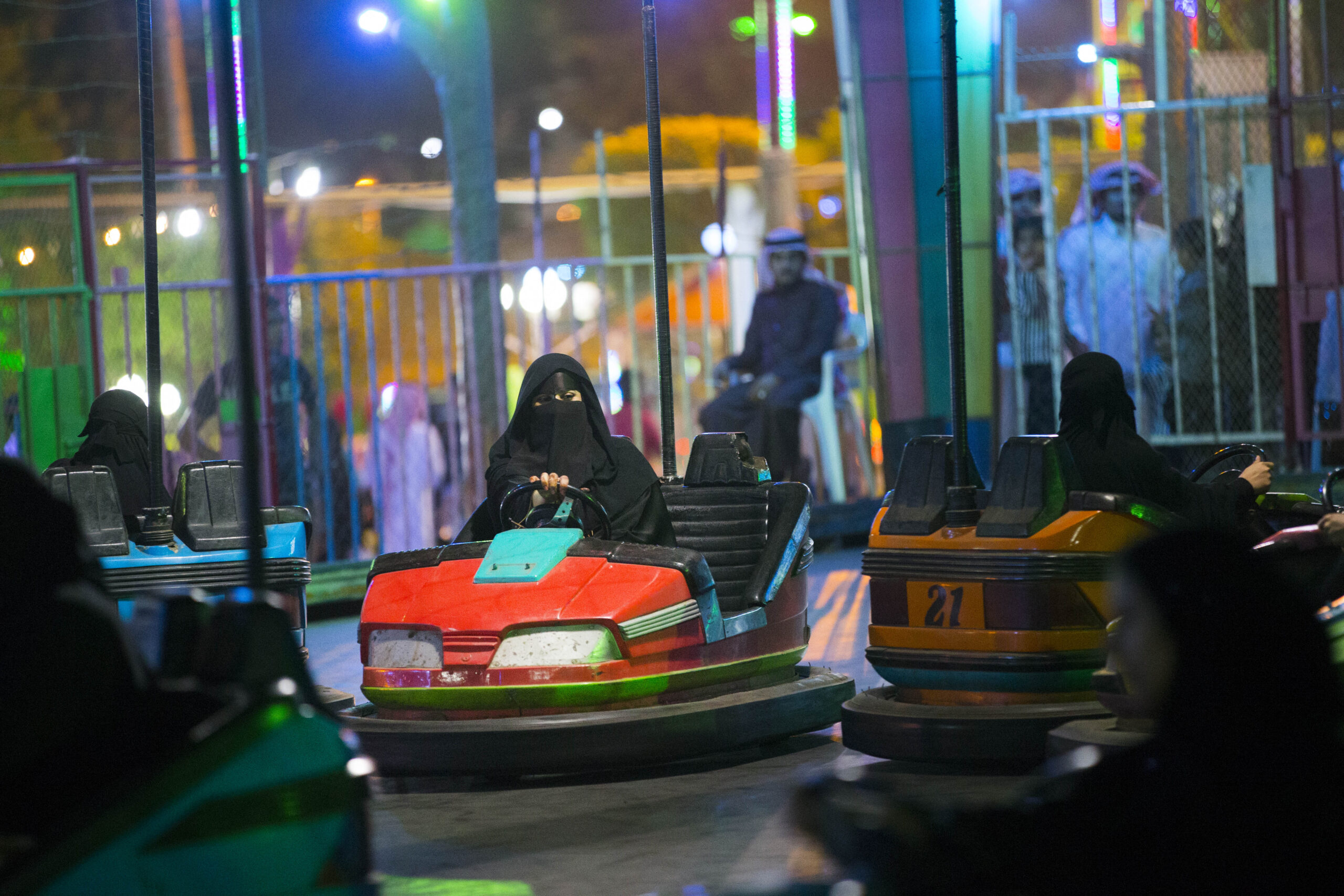
All the King’s Women: New Shura Council Members Stir Gender Debate
In the past few years, women have been increasingly assuming leadership positions in public and private sectors of Saudi Arabia. In addition to being appointed to municipal councils and the Royal Advisory Shura Council, a handful of women have now been chosen as directors of financial institutions, a dean of a university, an undersecretary for...
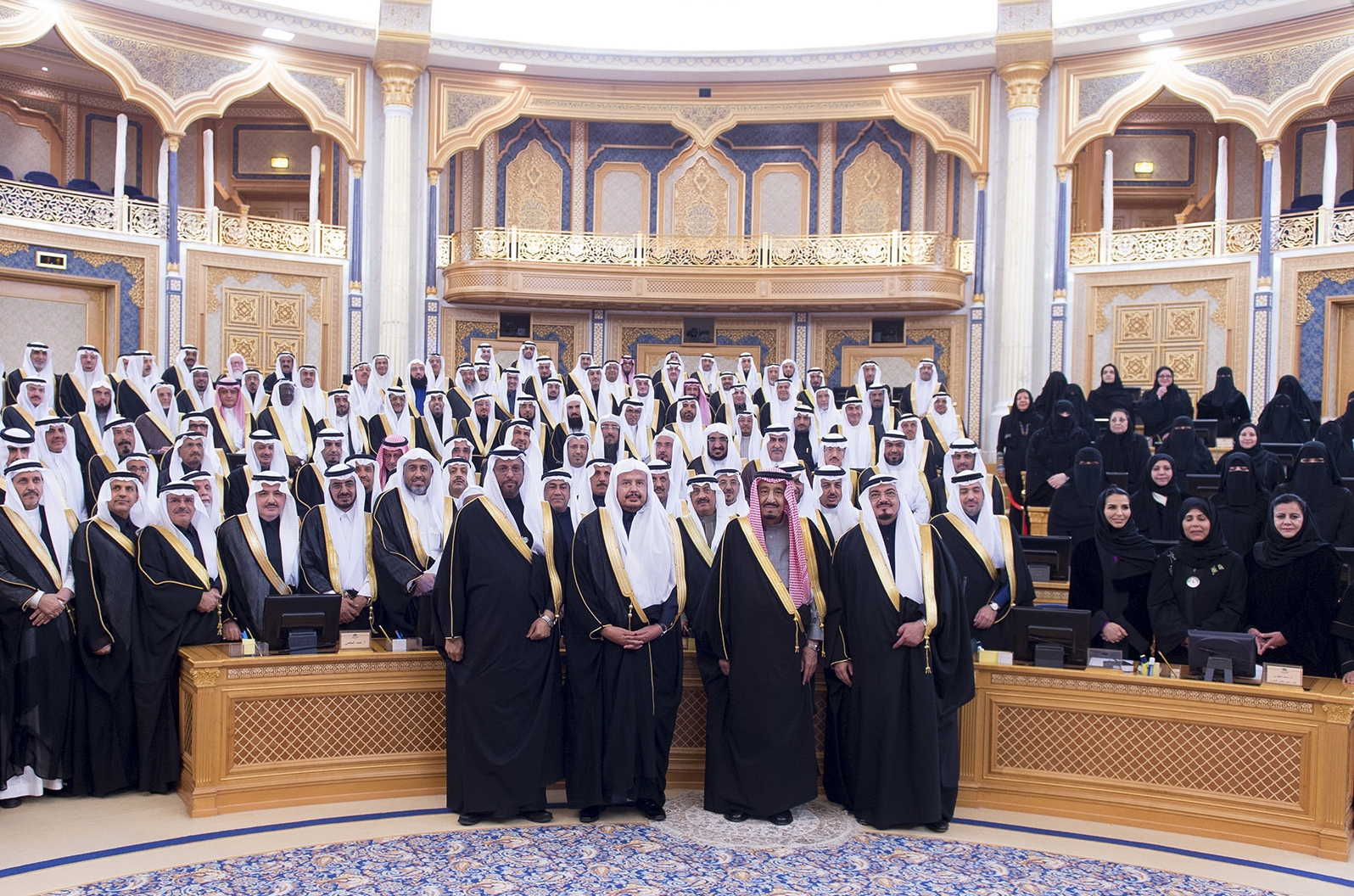
The Effect of Gender Norms on Women’s Health in Saudi Arabia
This paper examines the impact of inadequate health education and preventative health measures on women’s reproductive and sexual health care as well as mental health care.
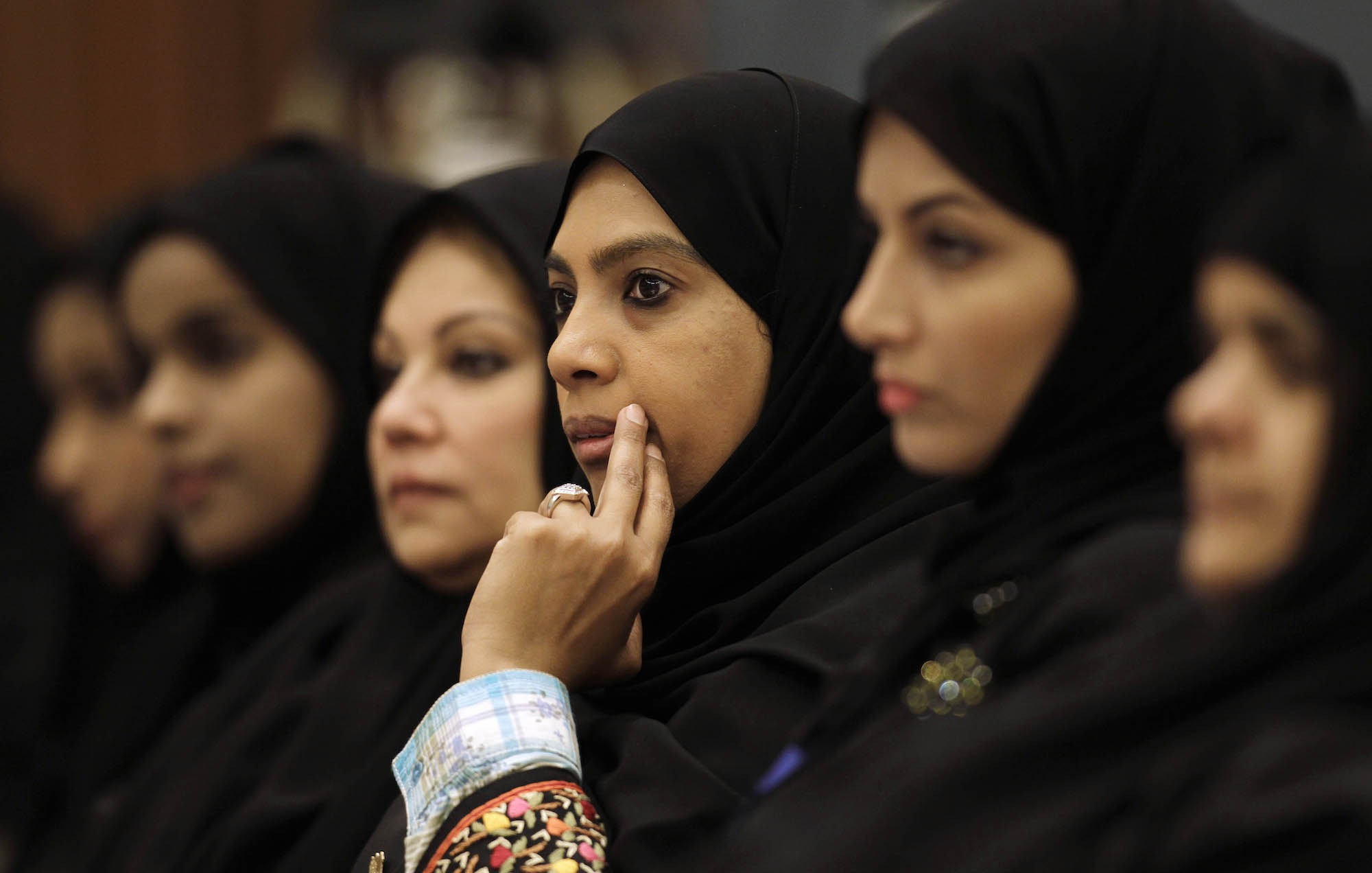
Gulf Women with Altitude: Climbing Mount Everest
Altitude sickness, frostbite, and severe weather conditions are just a few of the obstacles climbers have to overcome en route to the summit of Mount Everest. Women from the Gulf have endured all of that, in addition to challenging conservative norms at home. “Convincing my parents to let me go on this expedition was even...
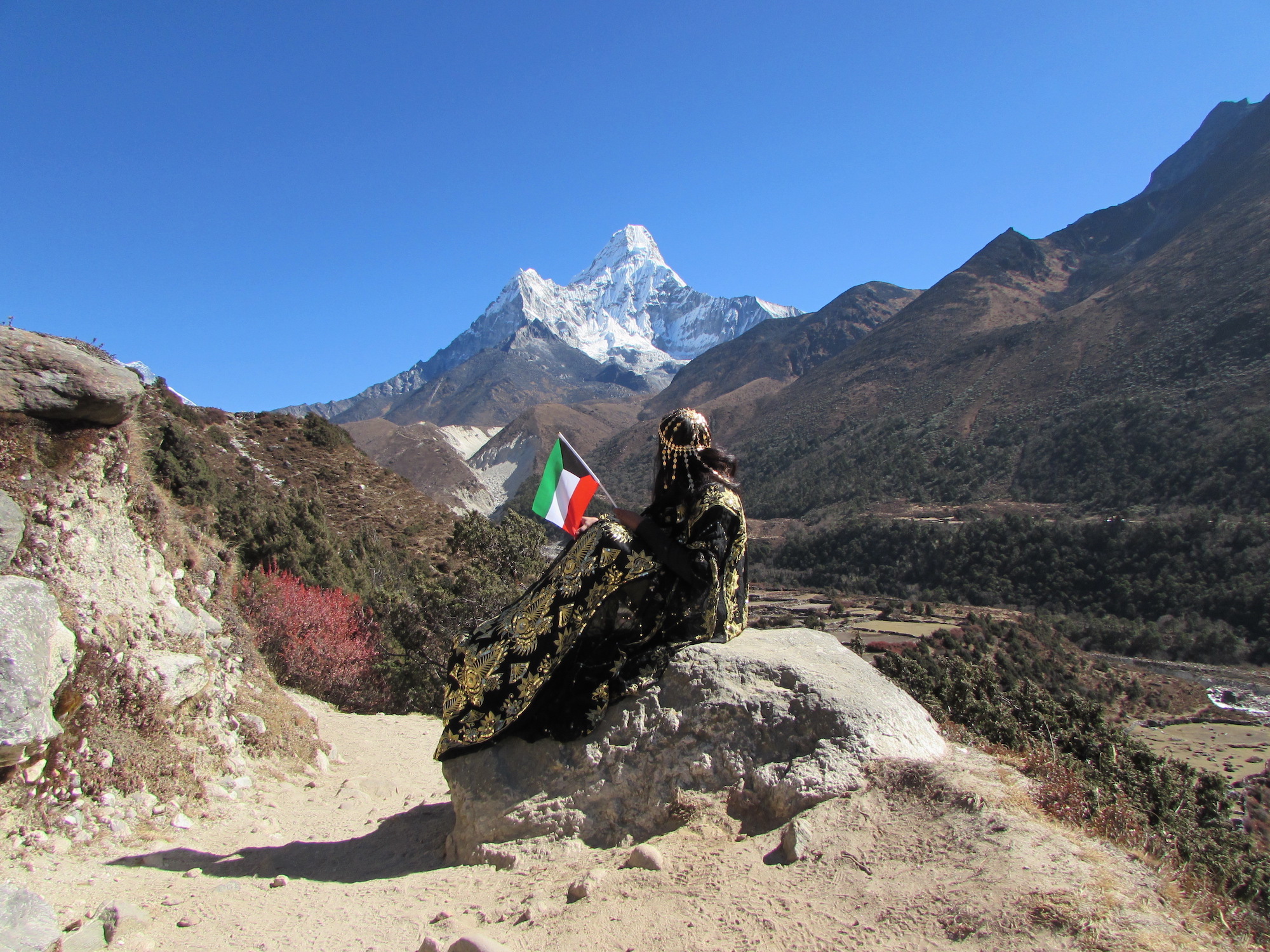
Women’s Labor Force Participation Across the GCC
This paper examines women’s integration in the labor force in the Gulf Arab states, paying special attention to differences in public and private sector employment, and national and migrant female labor participation.
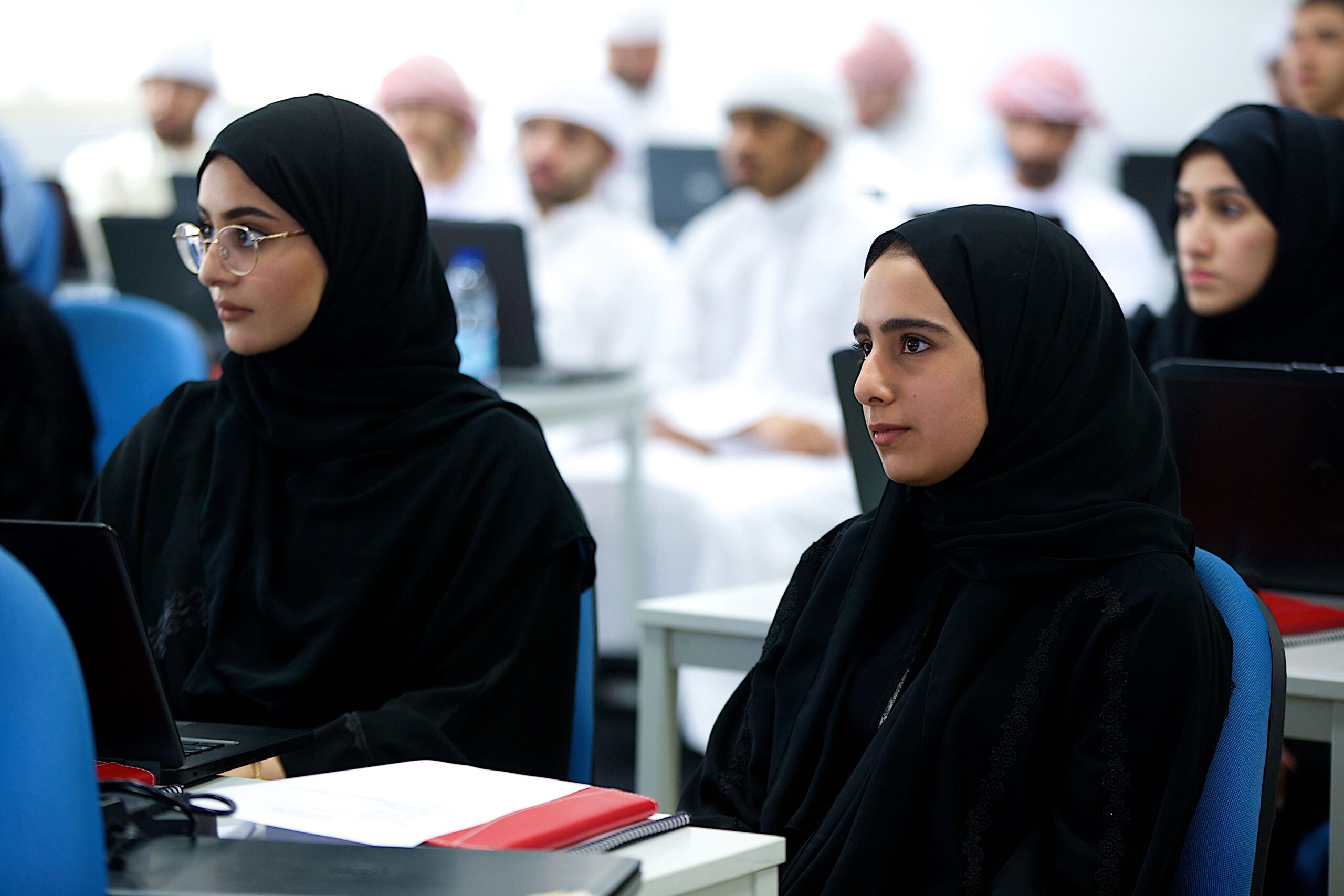
The Personal is Political: Gender Identity in the Personal Status Laws of the Gulf Arab States
This paper examines personal status law in the six Gulf Arab states, and the limitations PSLs impose on women’s autonomy and the role of women within the family.
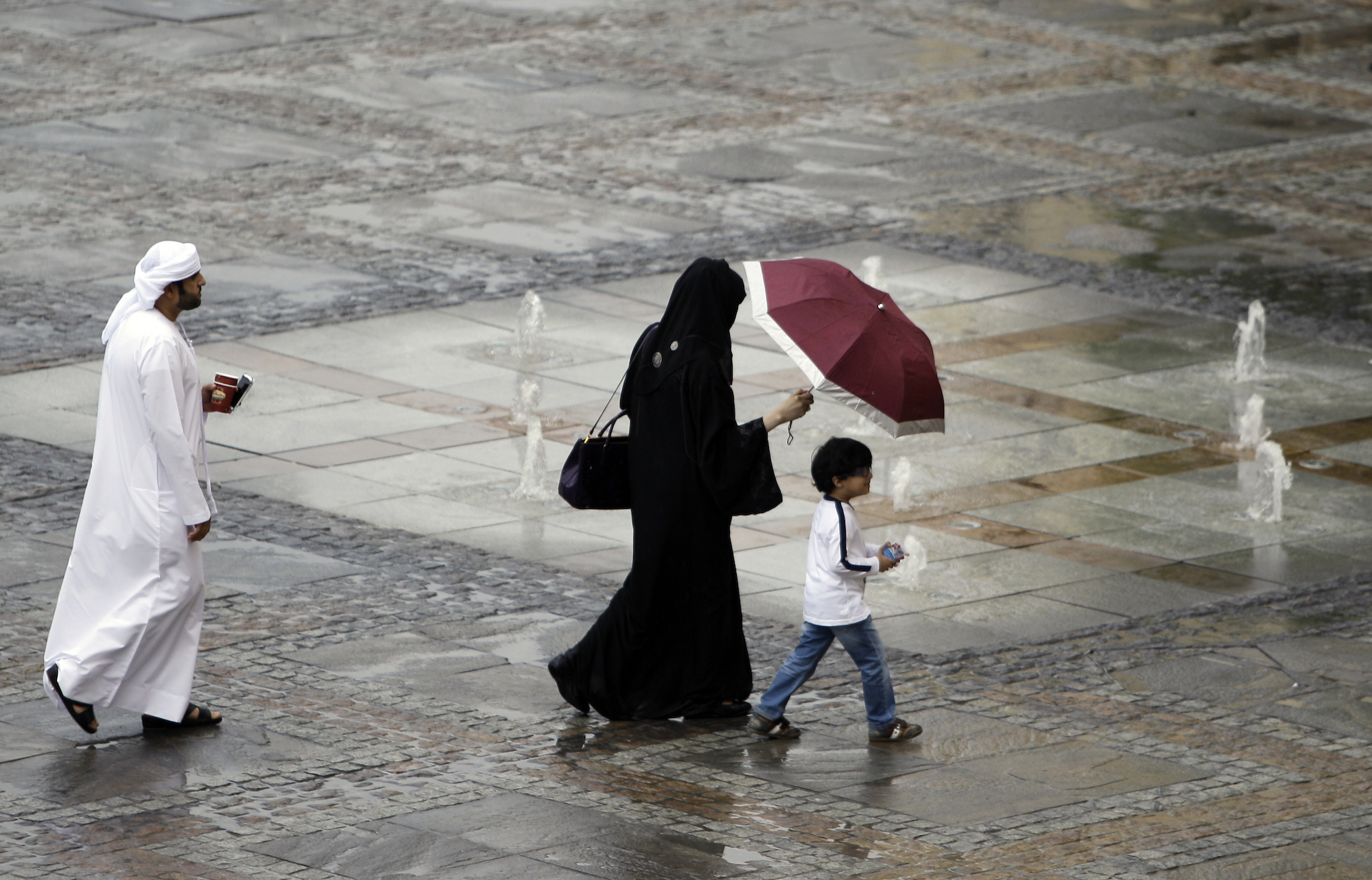
Riyadh Writing Club: Empowering Female Writers
When Hala Abdullah started the Riyadh Writing Club with her best friend, Mashael Alblehed, in 2009, they had in mind an easy way to meet and get inspired by other writers. Six years later, the small writers’ club has blossomed into a monthly meet-up where dozens of young female writers gather to discuss writing projects...

Jun 24, 2016
Royal Women in the Gulf: Agents of Change or Defenders of the Status Quo?
Women of the ruling families of Arab Gulf states are well situated to lead or impede significant change for women in their societies. On the one hand, these women occupy a unique position of influence due to their close proximity to political power. This grants them unparalleled firsthand access to political discussions and opportunities to...
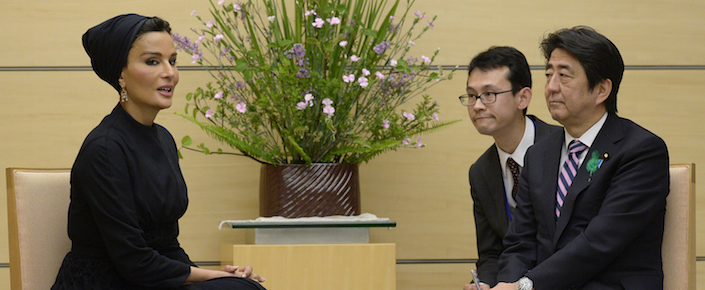
Mar 2, 2016
Family Identification Documents for Saudi Women: An Identity Dilemma
A New Development In a recent development, the Saudi Civil Status Department started issuing divorced or widowed women family registry cards. The step provides these Saudi mothers with proof of their relationship to their children when it’s required, such as in schools, hospitals, or hotels. The media celebrated the news as a “reform” of women’s...
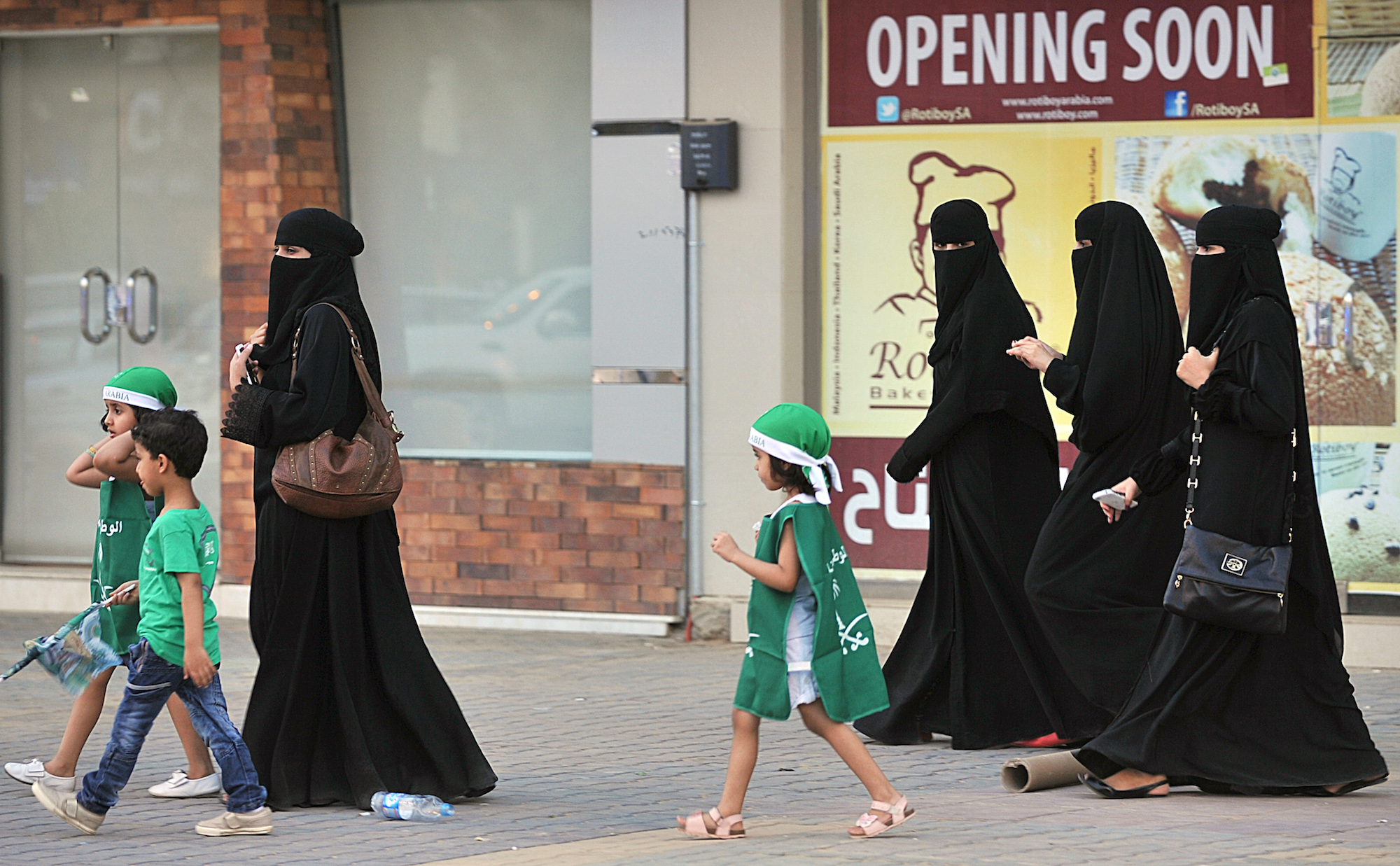
Setting the Agenda: Reflections of Saudi Women on the Campaign Trail
On December 12, 2015, Saudi Arabia held its third round of municipal elections. The elections were the first in which women could vote and run for positions in the Municipal Council. Over 900 women registered to run as candidates and 21 women won seats in the historic election. The Arab Gulf States Institute in Washington...
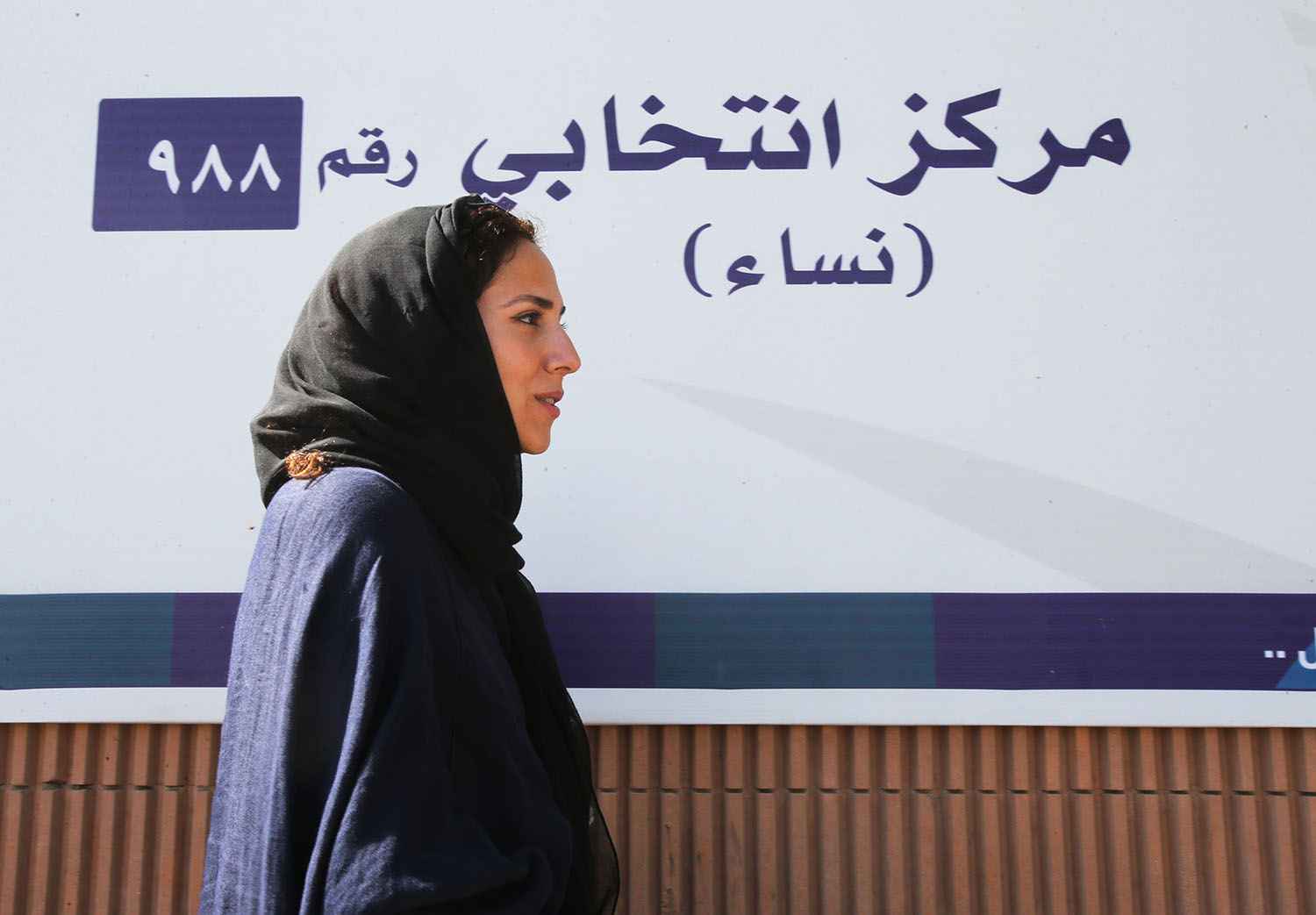
The Saudi National Transformation Program: What’s in It for Women?
In a national workforce largely composed of men and foreign workers, can economic reform ensure women's participation?
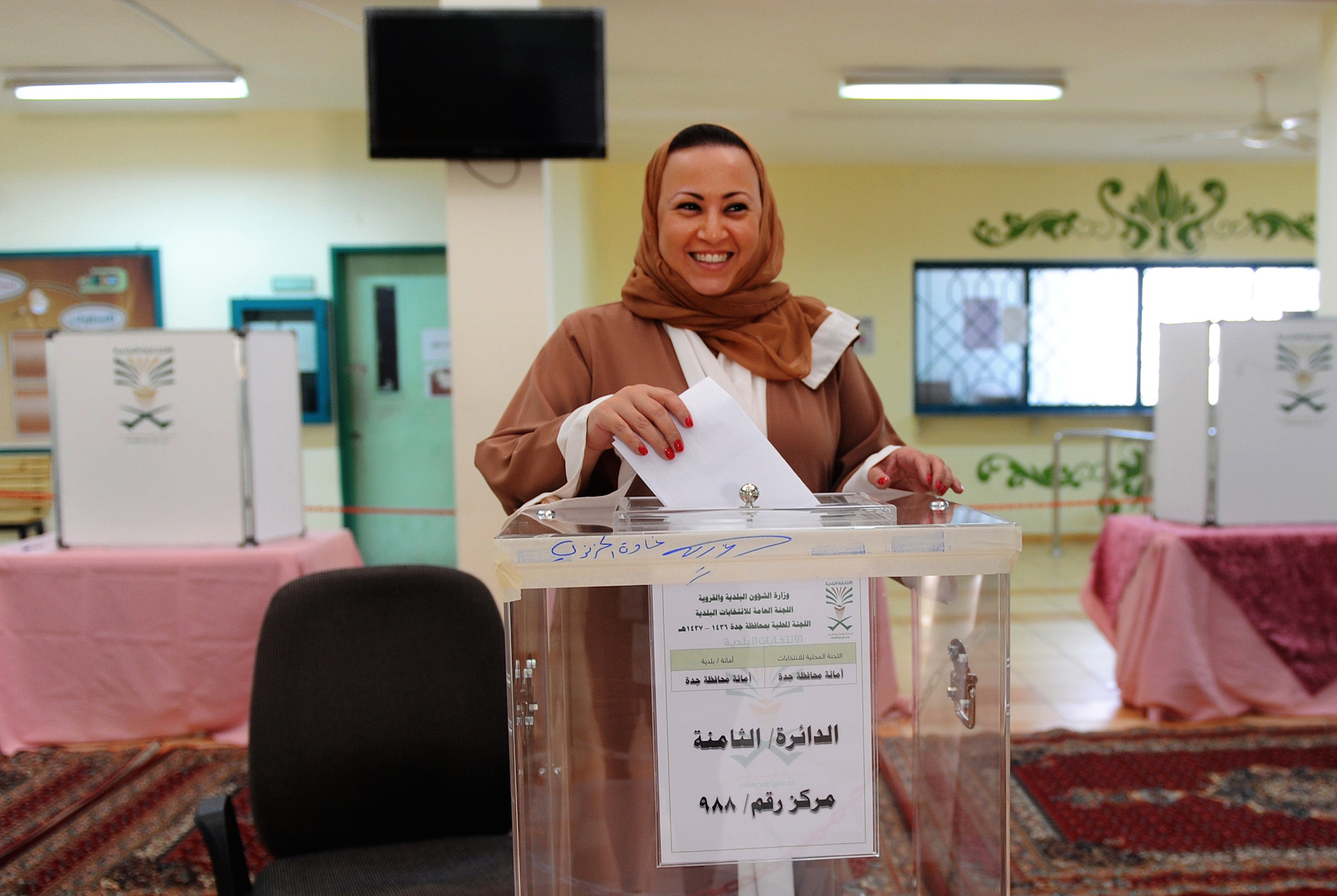
Dec 17, 2015
Small Victories for GCC Women: More Educated, More Unemployed
This is a week of small victories for women in the Gulf. Women participated in municipal council elections in Saudi Arabia for the first time and won at least 17 of the 2,000 odd contested seats. More small victories are needed at a time where women’s participation in economic and political spheres could have an...

Personal Status Laws in the Gulf States
Personal status laws in the Gulf Cooperation Council states regulate and impact women’s rights in every domain: education, work, freedom of movement, marriage or divorce, children, and access to resources within or outside the family. Establishing a consensus on a codified personal status law is a contested area of public discussion in the Gulf. In 1996, the GCC...
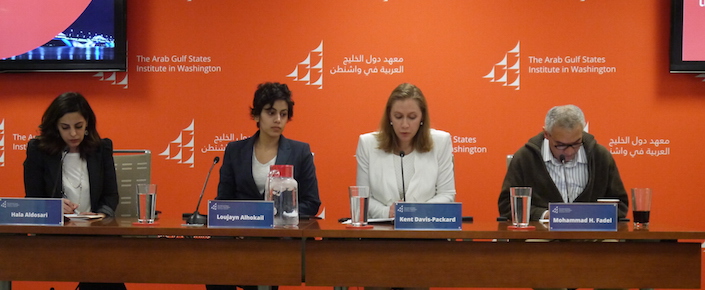

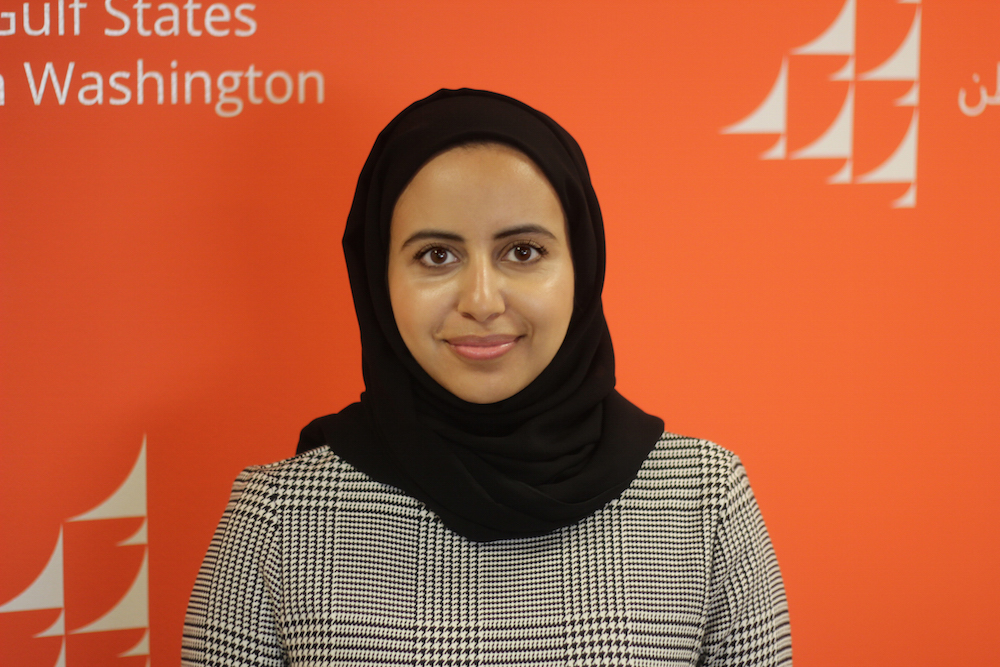

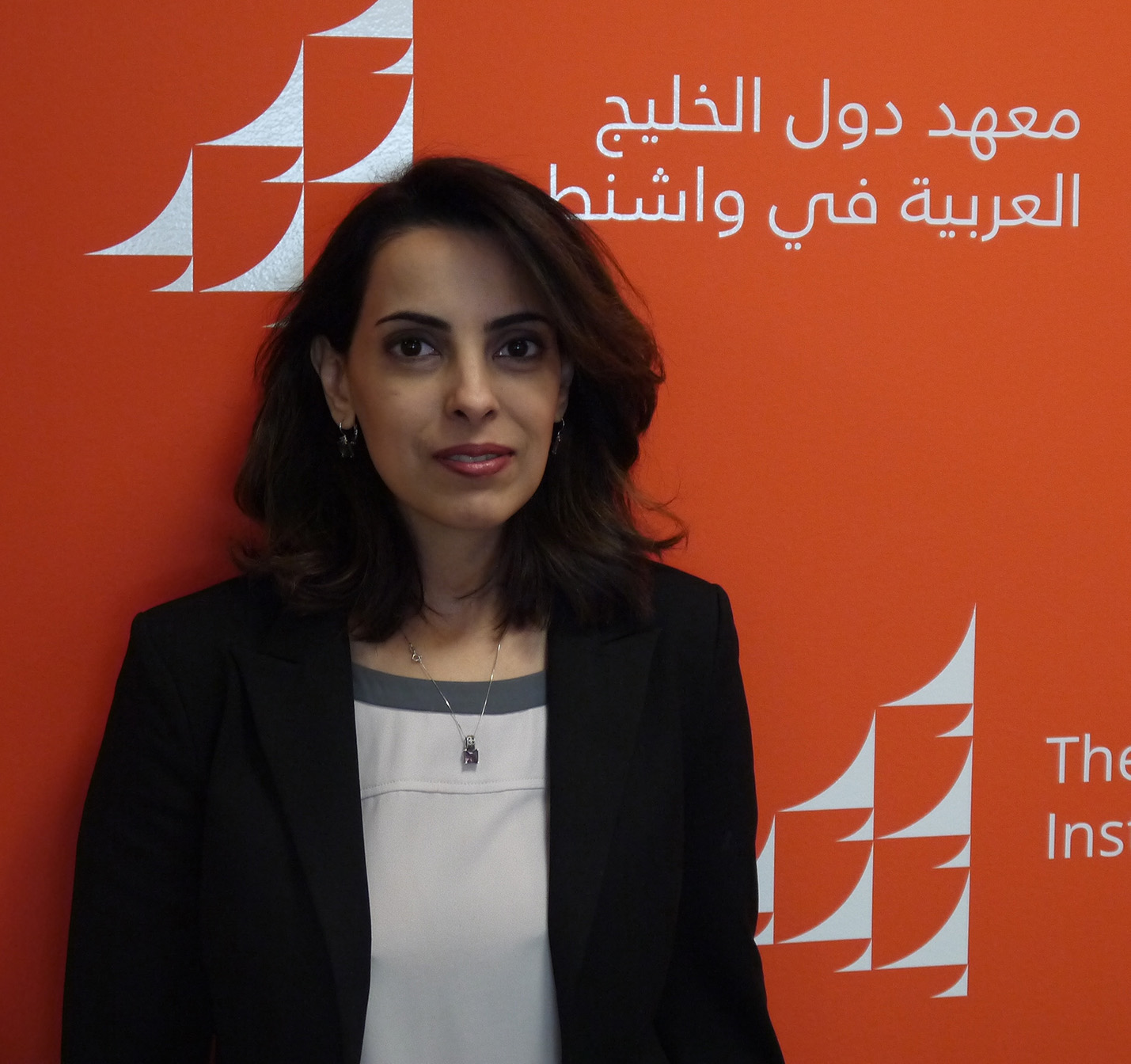

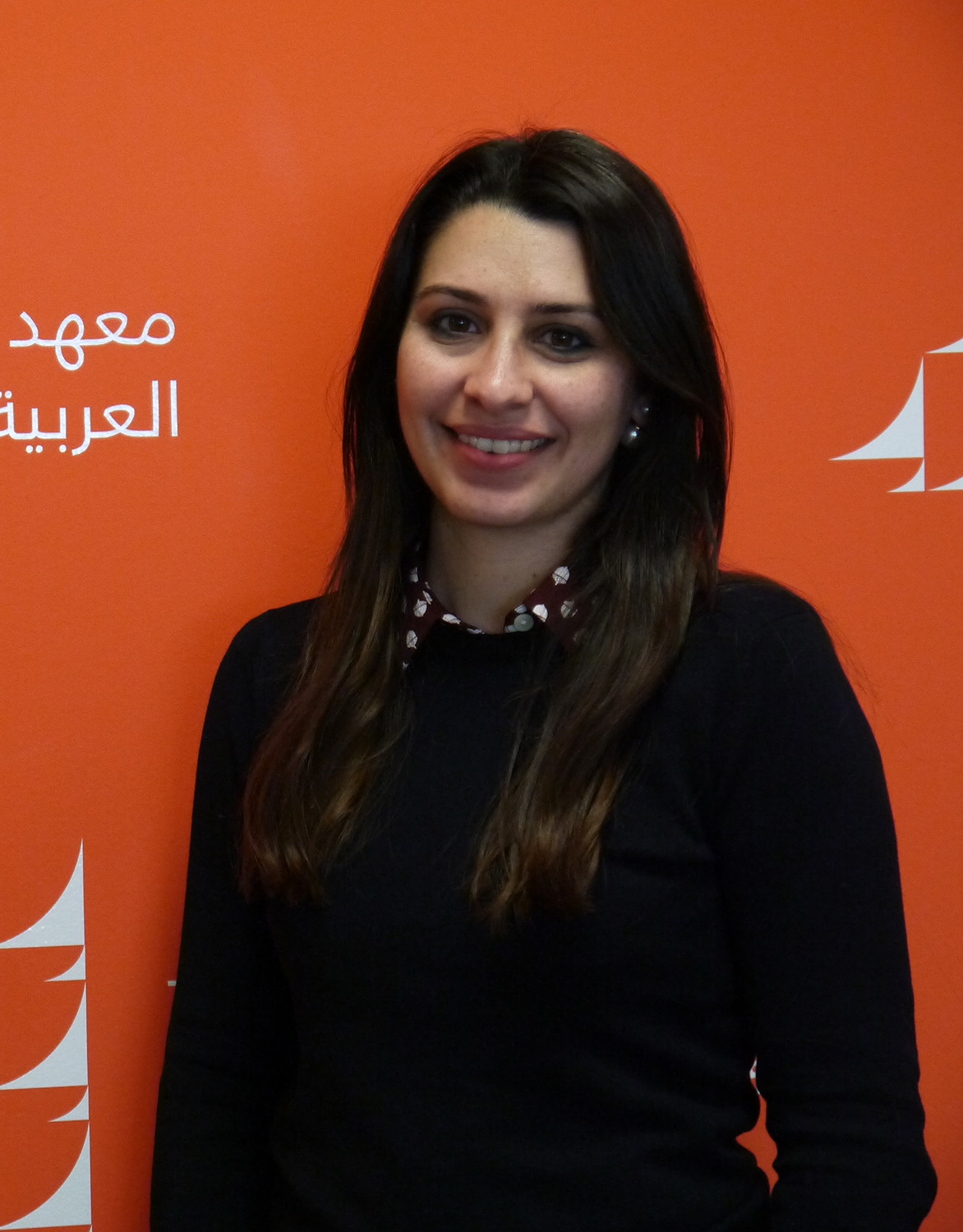
Mar 9, 2017
Women Driving Positive Change in the Middle East
The year 2016 witnessed a dramatic economic transformation in Saudi Arabia that triggered unprecedented political changes. Vision 2030, released at the end of 2015, created a roadmap to wean Saudi Arabia off its oil-based economy. Empowering women and materializing their potentials was one of the main objectives of Vision 2030. In addition, a state-commissioned McKinsey report stressed...
2 min read